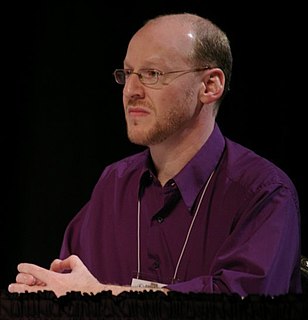A Quote by Jeff Vandermeer
Some questions will ruin you if you are denied the answer long enough.
Related Quotes
I did answer all of the questions put to me today, ... Nothing in my testimony in any way contradicted the strong denials that the president has made to these allegations, and since I have been asked to return and answer some additional questions, I think that it's best that I not answer any questions out here and reserve that to the grand jury.
What is bad? What is good? What should one love, what hate? Why live, and what am I? What is lie,what is death? What power rules over everything?" he asked himself. And there was no answer to any of these questions except one, which was not logical and was not at all an answer to these questions. This answer was: "You will die--and everything will end. You will die and learn everything--or stop asking.
As with many metaphysical and religious questions, Kant thinks they lie beyond our power to answer them. If you can't stand the frustration involved in accepting this, and insist on finding some more stable position which affords you peace of mind and intellectual self-complacency, then you will find Kant's position "problematic" in the sense that you can't bring yourself to accept it. You may try to kid yourself into accepting either some naturalistic deflationary answer to the problem or some dishonest supernaturalist answer.
To be a scientist you have to be willing to live with uncertainty for a long time. Research scientists begin with a question and they take a decade or two to find an answer. Then the answer they get may not even answer the question they thought it would. You have to have a supple enough mind to be open to the possibility that the answer sometimes precedes the question itself.




































